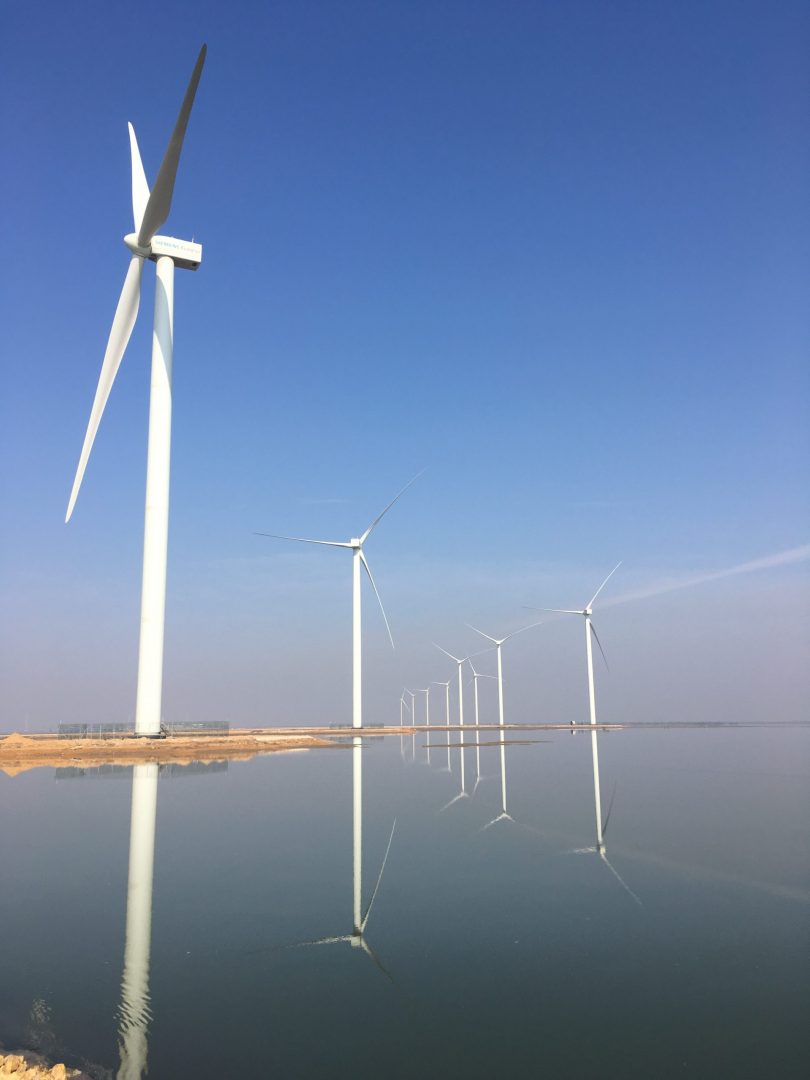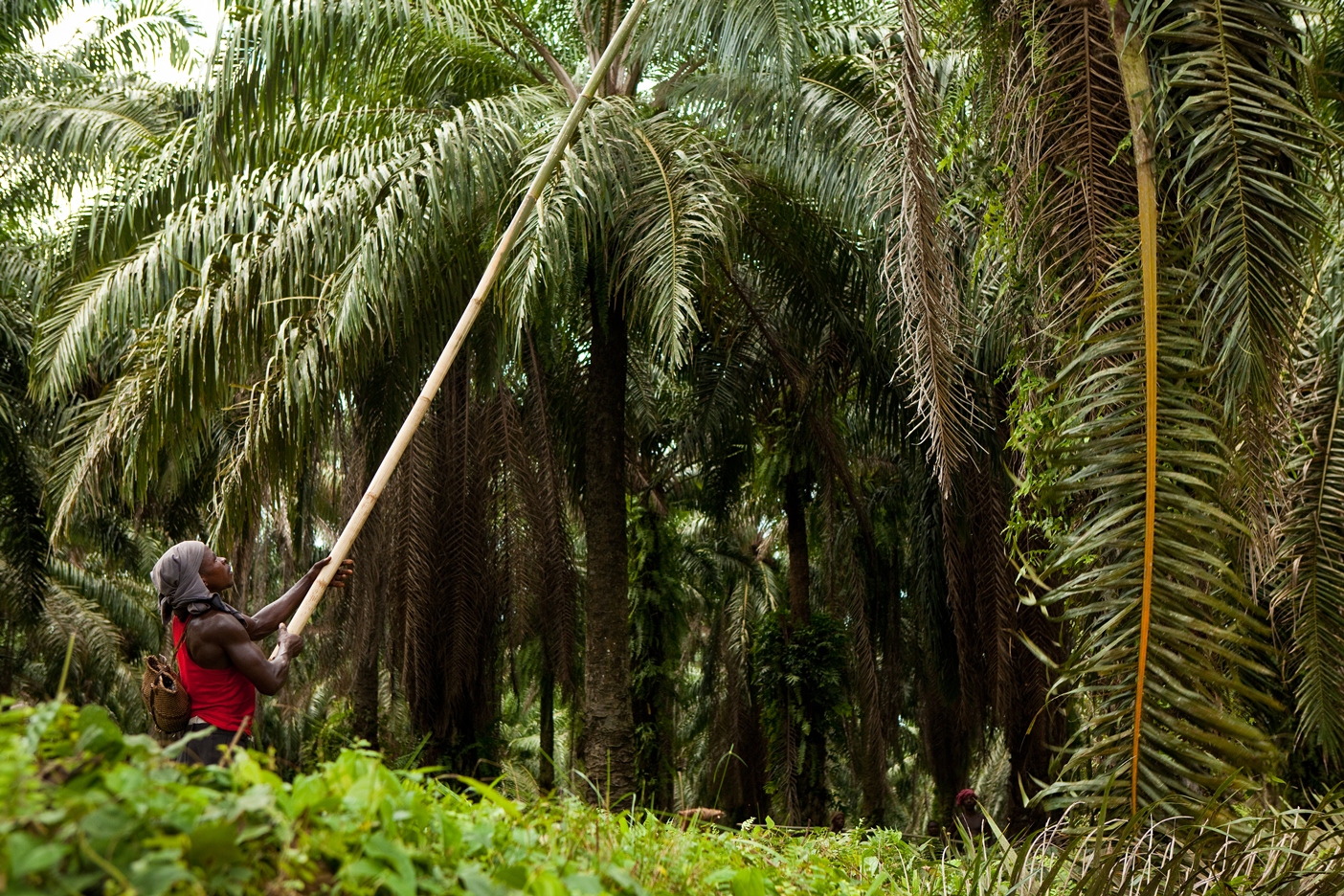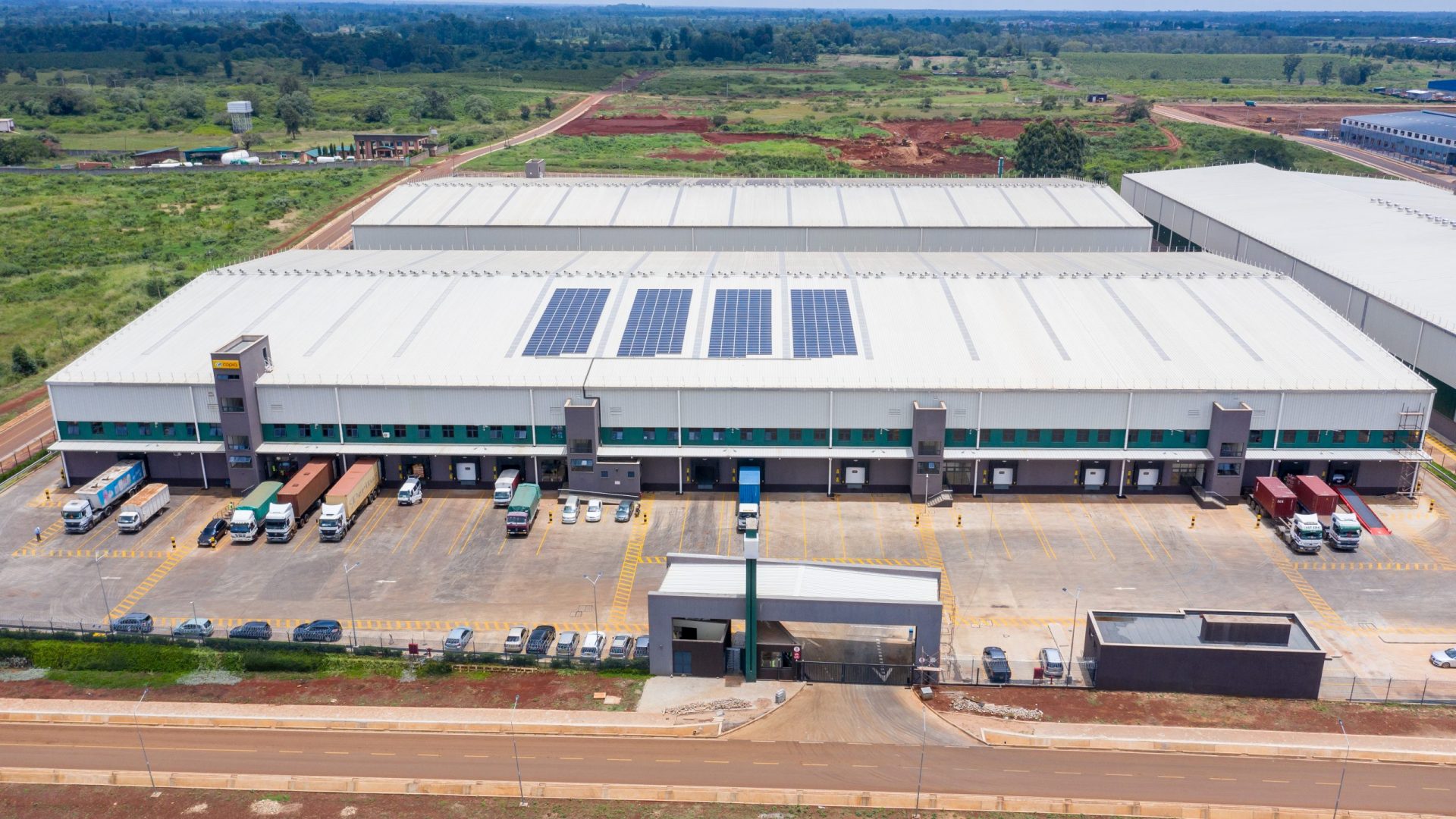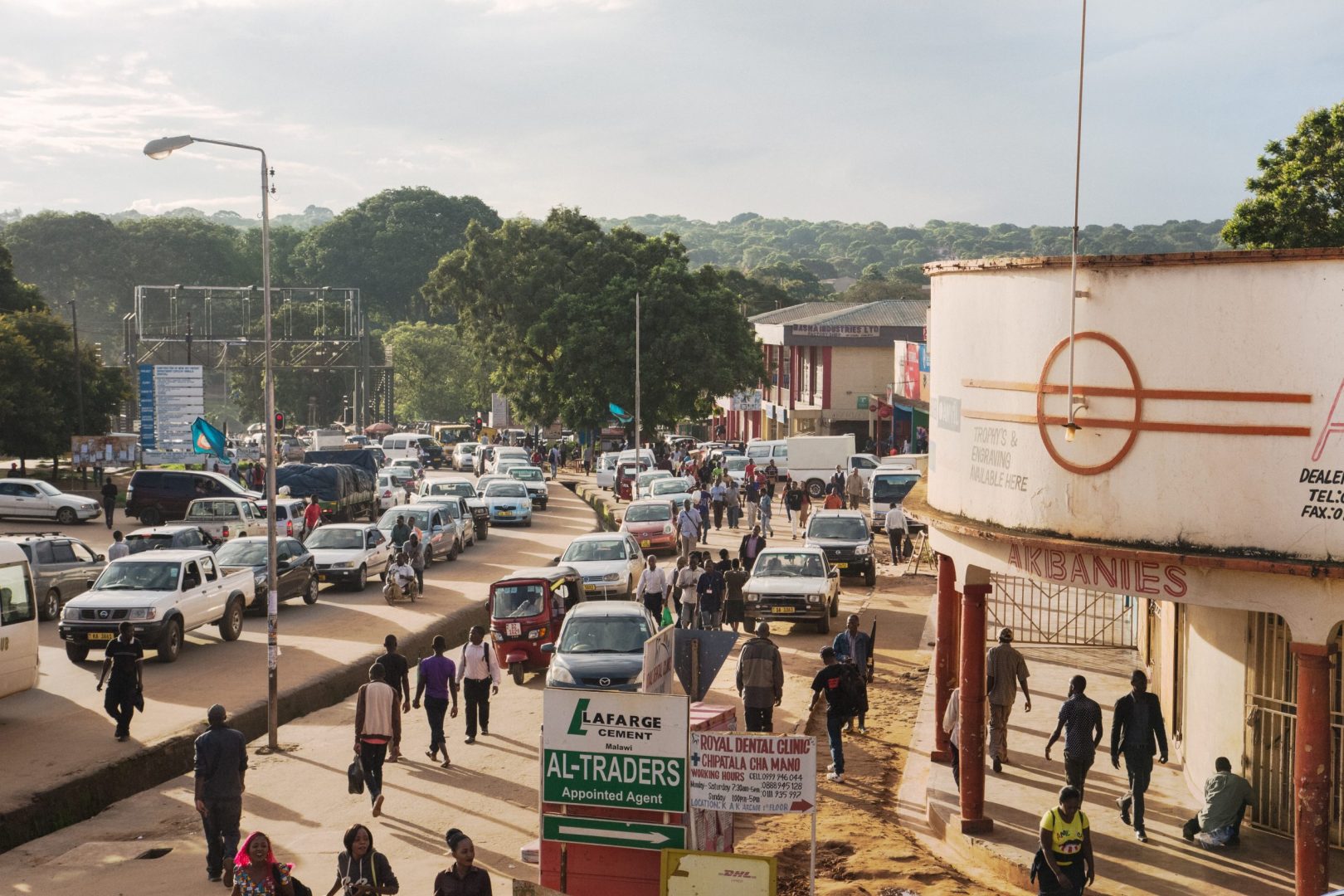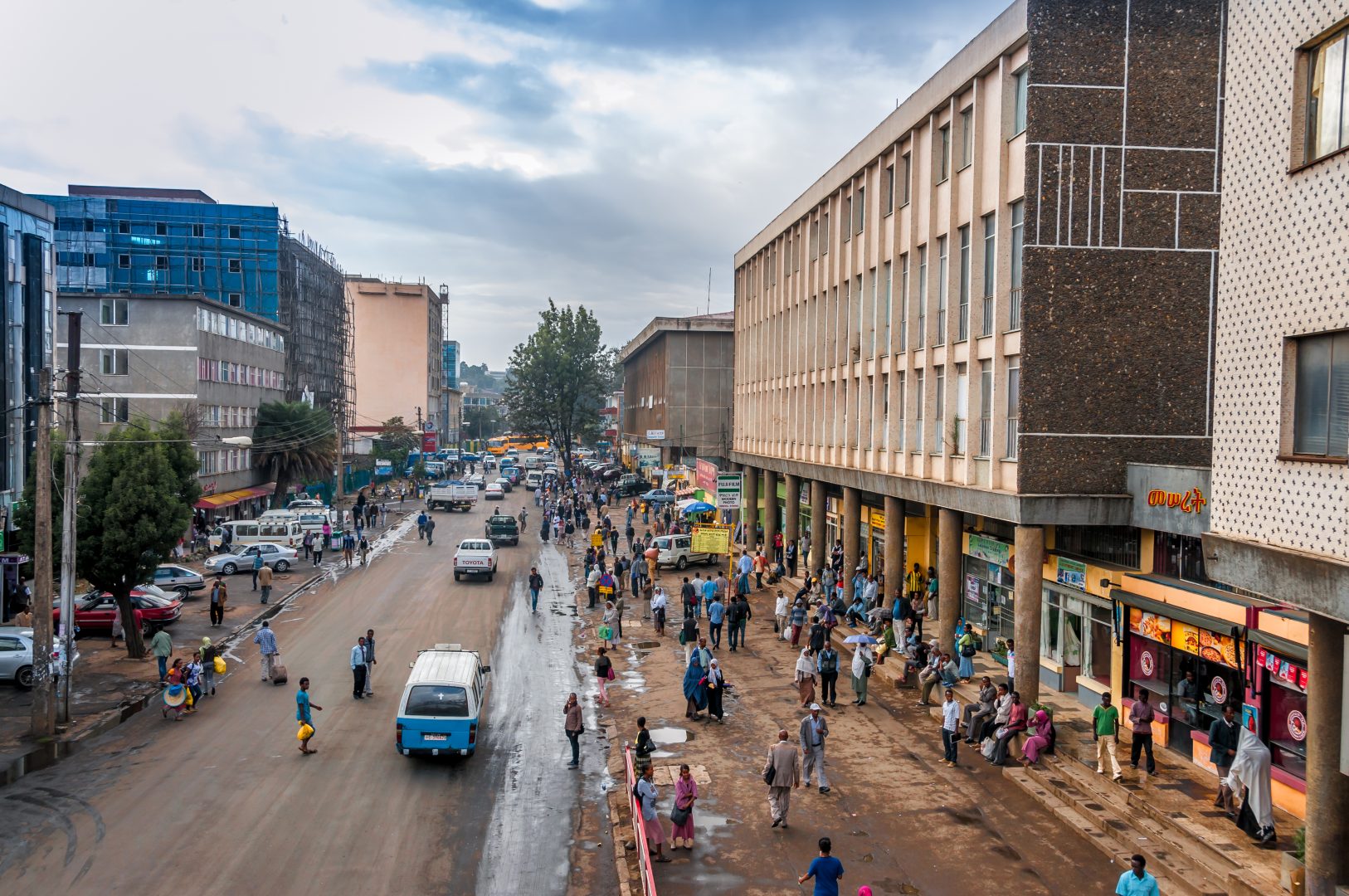Gender-smart investing as an enabler of the just transition
This article, written by CDC’s Elias Habbar-Baylac and Marijn Wiersma, is part of a GenderSmart Investment Summit series highlighting the important role a combined gender and climate lens can play in delivering a just, green economy transition. Read the article on GenderSmart’s website.
At CDC, we recognise that gender-smart investing and climate finance go hand in hand. We have seen the significant business, environmental and impact opportunities we can create by applying a gender lens to our climate investments. Equally, we also know that climate investments can directly and indirectly impact women’s economic opportunities: directly through the jobs and entrepreneurship opportunities offered in green sectors or indirectly by making services that unlock economic opportunities more readily available or by making household and care-giving tasks easier, which lowers the time spent on unpaid work.
Therefore, our approach has been to emphasise the contributions of women – as leaders and decision-makers, stakeholders, educators, carers and experts across sectors and levels — to successful, long-term solutions to climate change. Women have proven to be leading the way towards more equitable and sustainable solutions to climate change. Across sectors, women’s innovation and expertise have transformed lives, livelihoods, and increased climate resilience and overall well-being. Evidence from our portfolio and findings of a Berkeley Haas School of Business study show that women in leadership are more likely to pro-actively improve energy efficiency, invest in renewable energies, and measure and reduce carbon emissions. The business case for gender equality also shows that gender balance across green sectors will enable businesses to more easily respond to transition demands, increase their profitability and shift business models in a positive direction.
Just as gender-smart investing can be an enabler for action on climate, climate finance can be an enabler for action on gender equality.
A just transition
One of the three building blocks of our climate strategy is to invest in the just transition to net-zero by 2050. Only through a just transition – a transition to sustainable industries that is inclusive of workers and communities – can we ensure resilient economies, something acknowledged in the preamble of the Paris agreement. Prioritising gender-smart investing as an enabler and driver of climate finance has been an essential part of our climate strategy. We believe that, with the right tools, the just transition can present opportunities for closing existing and emerging gender gaps.
Climate investments can promote inclusive business models and ensure women participate as actors in the new green economy, taking advantage of green job opportunities through upskilling, job readiness training, and other gender-smart solutions. With the right incentives, we believe that business model transformations can help overcome systemic gender disparities in the labour market and reduce gaps in incomes and livelihoods. We believe that women – as leaders, entrepreneurs, employees, customers and community members – can drive solutions for the just transition and advance net-zero, sustainable businesses.
Upskilling In India
One example of our commitment to a just transition is the work on a large upskilling project we did with our equity investee, Ayana Renewable Power, a green energy infrastructure company in India. We co-developed a programme to upskill local workers for operational jobs in Ayana’s renewable power plant in Andra Pradesh. Ayana constructs and operates renewable assets in India, mostly in rural areas where it is often difficult to source local workers with job-ready skills. We seized this opportunity to offer support on skills-mapping and technical training, digital literacy, and preparation for prospective employees. This programme was developed with a gender lens, to ensure the participation of women, for example by the provision of gender-sensitive facilities (e.g. transport, toilets), which meant women – including 78 graduates – were able to undertake training. We are now working on a second skills programme with Ayana and are looking to amplify our gender impact.
Sustainable forestry in Ghana and Sierra Leone
We see multiple examples of this intersectionality between gender and climate in other parts of the portfolio. In the food and agriculture sector, for example, CDC has invested in Miro Forestry, a sustainable forestry and timber business with plantations in Ghana and Sierra Leone. Since 2016, we have helped to create jobs and increase workforce skill levels in forestry, a net-zero sector. Based on the latest business plan, Miro anticipates tripling its workforce with more than 4,500 people employed after 2030. While the majority of jobs are currently on plantations, as the business expands, most new jobs will be in harvesting and processing. As part of our support, we helped Miro Forestry perform a gender workforce diagnostic and adopt a gender action plan. The diagnostic revealed key opportunities for Miro, which led the company to set a target to increase the number of women in the workforce from 26 per cent to 40 per cent over the next two years. Miro has also introduced a series of specific initiatives to advance women’s employment and leadership, including mentorship and upskilling. This month, CDC, FinnFund and FMO recognised Miro’s gender commitments under the 2X Challenge.
These two examples highlight the synergies between our two key priorities of gender and climate that work together to create real impact in our markets. We are looking for opportunities to build on this work and promote gender-smart pathways for climate finance as the U.K. hosts COP-26 next year in Glasgow. Through the 2X Challenge and the Gender Finance Collaborative, we have partnered with EIB and DEG to launch the 2X Gender and Climate Finance Taskforce, a DFI initiative to help shape the market further and develop the right investments and solutions in the lead-up to COP-26. The launch of the 2X Taskforce on October 26th already gathered more than 150 climate, gender, ESG and investment specialists across DFIs and MDBs, discussing gender-smart investments for climate adaptation, resilience and mitigation. Over the next few months, our priority will be to build expertise across DFIs on gender and inclusiveness in climate finance, notably through the preparation of an innovative 2X guide, including a suite of practical investment and impact tools for investors.

